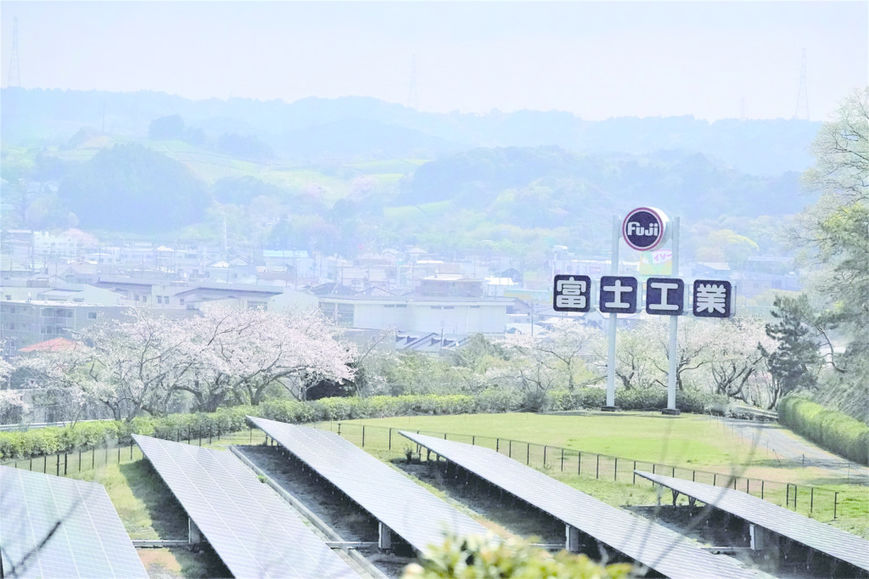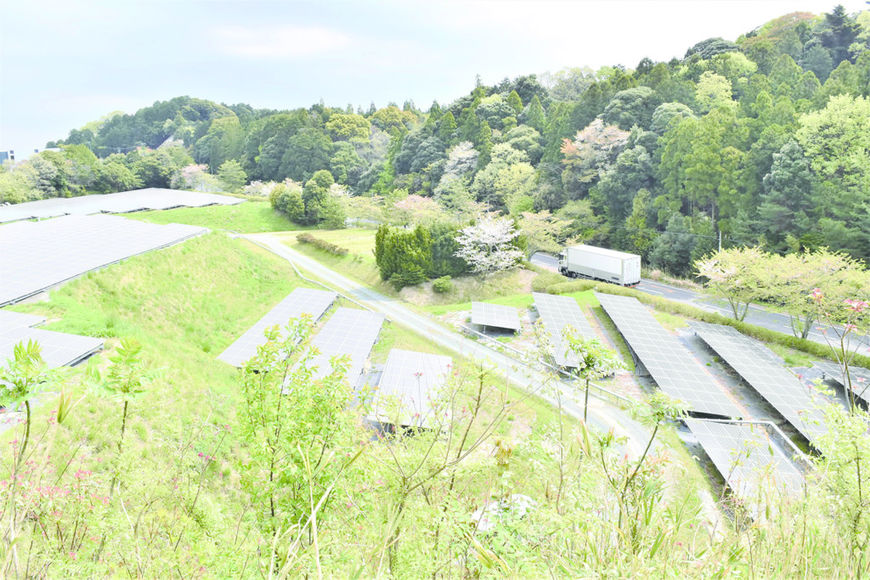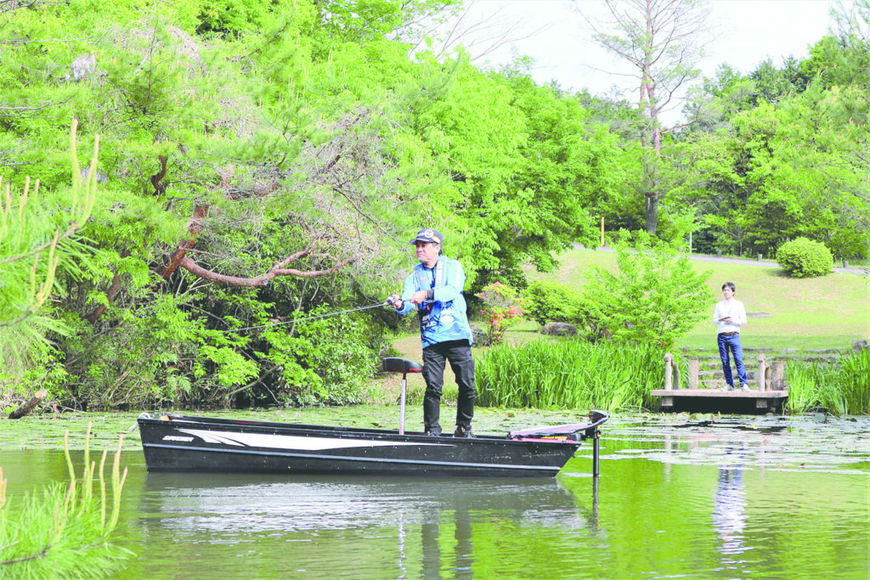NEW Rewards Programme - Start saving today to get a 10% off voucher
Fuji’s support of a worldwide initiative called The Sustainable Development Goals (SDG) should come as no surprise to anyone aware of the company’s track record on conservation and sustainability. SDGs, which target 17 environmental goals and outline 169 specific efforts to reach those goals, are part of the UN’s broader 2030 Agenda for Sustainable Development. And Fuji’s long-time commitment to an environmentally-friendly approach to both its products and its working environment, makes it the perfect partner.

The Japanese company’s credentials stretch right back to its founding in 1938. It began manufacturing fishing tackle in 1965 and purchased its current factory in 1970. The site envelops 156,000 square meters in the hills overlooking Kikugawa in Japan’s Shizuoka region. It was completely reconfigured to incorporate tree planting, a reservoir, forests and open grasslands, with all development conforming to a mandate that no more than half the site be used for manufacturing purposes, Fuji stipulating that the other half remain ‘green’.
Today, the site houses Fuji’s new Research and Development Centre, an ‘eco-factory’ that now includes a solar field producing power for the factory along with surplus power to local homes and businesses. Although begun as an experiment, this solar power project proved highly successful and has grown considerably larger. In another example of community sharing, Fuji’s on-site reservoirs provide irrigation for local farmers. The ‘green’ area of the campus has grown from the 50% designated in the original plan to 60% today.

Beyond the factory grounds, Fuji sponsors the ‘We Love the Earth’ clean-up campaign on shorelines and the slogan has quietly steered the company towards further eco-initiatives all around the world. Fuji also believes that a healthy environment influences the mindset of its employees. “The environment for workers is very important,” says President Kazuhito Omura. “A good workplace promotes a feeling of wellbeing in which workers create good products.”
Fuji’s most recent sustainability effort has been in developing a new series of guide frame treatments. Its proprietary CC process reduces emissions and produces minimal waste that is both organic and eco-friendly. The process is also more corrosion resistant than standard stainless steel. The company has transitioned from environmentally harsh ‘automotive’ type coatings to eco-friendly gun metal (GM), silver (CC) and dark grey (BC) treated frames.
In an industry inextricably linked to the environment, Fuji’s hope is that more tackle manufacturers will begin to address the sustainability issues outlined in the SDGs. “We want to be more than a manufacturer,” says Omura. “We want to contribute to the region and the industry. We want to make a social contribution. This will never change.”
President Kazuhito Omura: ‘Nature is at the forefront’

How long have you been developing ‘green’ working practices?
We have been making environmentally-friendly products since we started making fishing tackle in 1965. We have applied the same approach to our working environment in order to deliver safe and secure products for anglers. We work to the principle that people ‘enjoy fishing while confronting nature’. We have always been deeply involved with the natural environment, and have always thought that consideration for the environment and nature is indispensable in the manufacture of fishing equipment. It has been at the forefront of our mind since our founding.
What is the long-term aim of the Fuji in terms of ‘green’ credentials and products?
While promoting environmental conservation as a company, we aim to contribute to society as a culture-creating business that contributes to the region and industry.
What does it say to the world about your business?
It is very important to create a better environment in our lives. Promoting environmental conservation is something that must be kept in mind regardless of business.
How has awareness of green business practices grown over the years?
While developing products with the working environment of employees and the safety and security of anglers in mind, environmental problems have been defined in various fields these days, and we are becoming even more strict with respect to the environment. It is necessary to actively work on reduction, reuse, recycling and so on. It is important to actively continue working on ways to make products that are more environmentally-friendly than before.
What are customers’ expectations of suppliers?
More and more anglers are considering the environment when buying their products. Like Fuji, they are keenly aware that it is natural and expected to have concern for the environment. And like Fuji, they are mindful that fishing coexists with nature, and we should all give maximum consideration to the environment.
